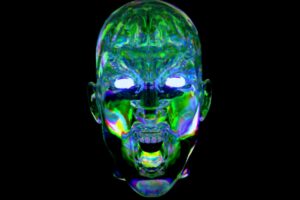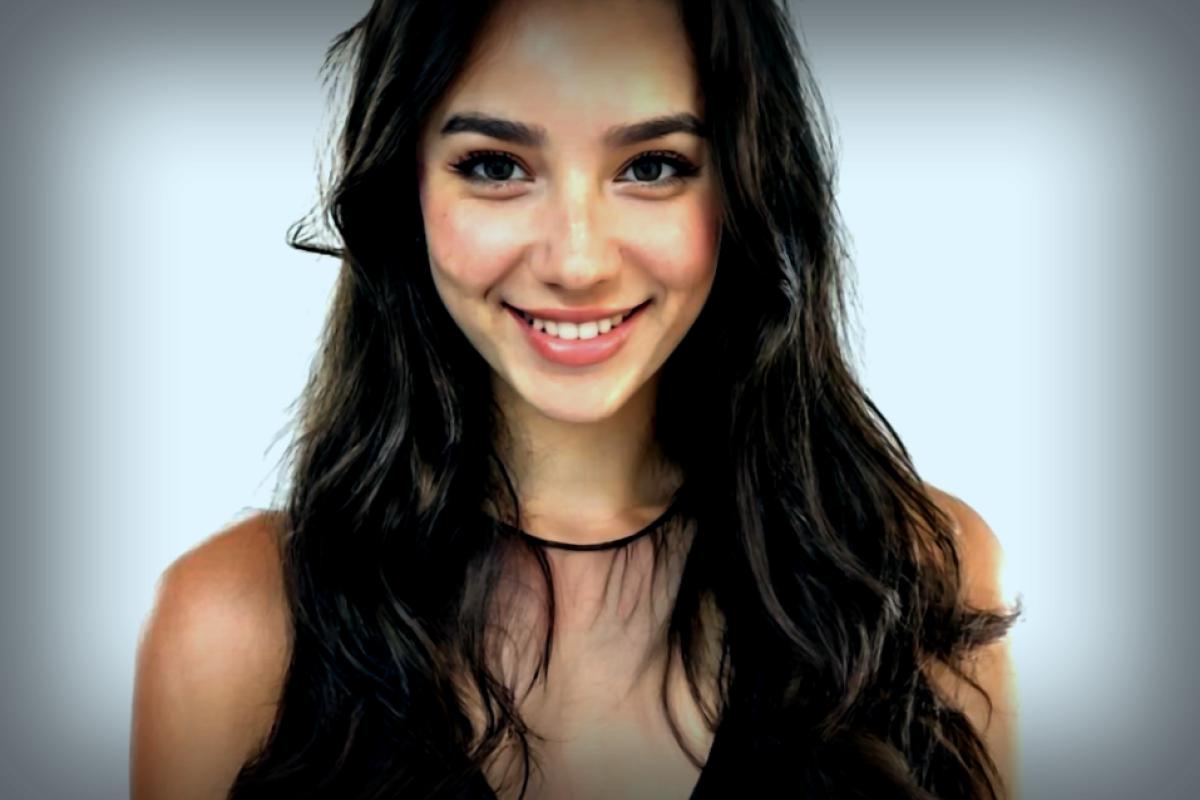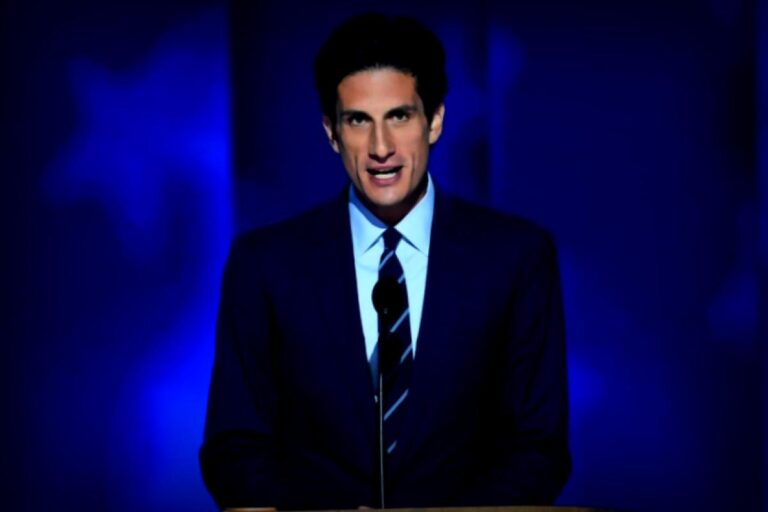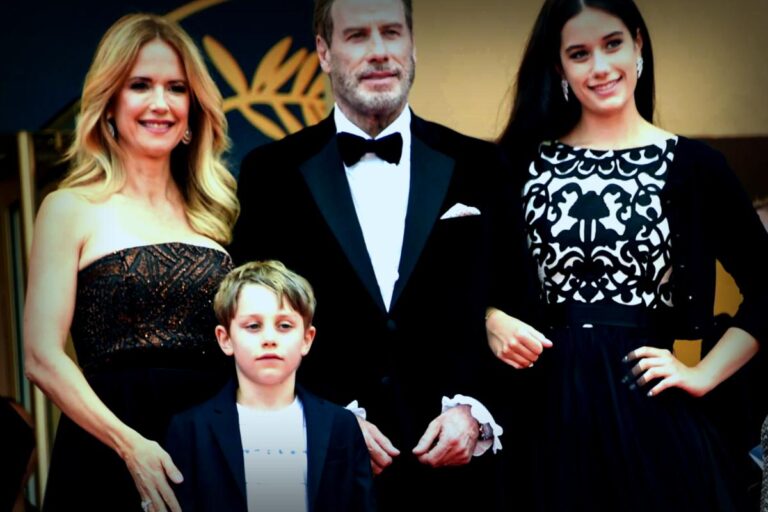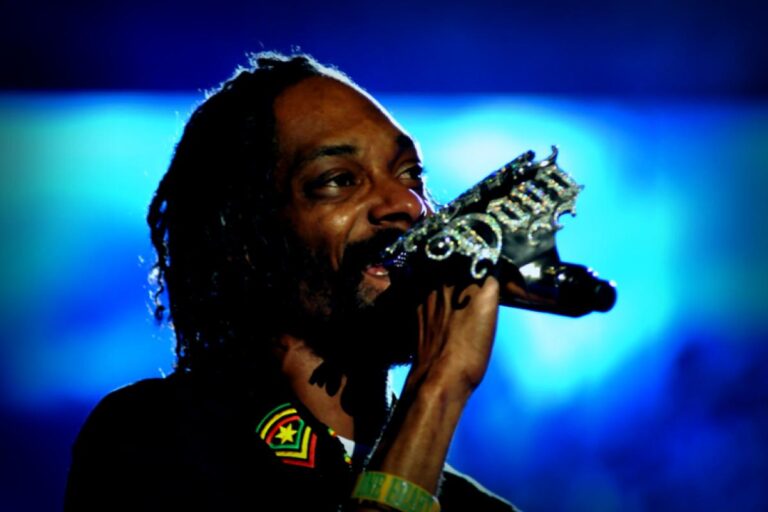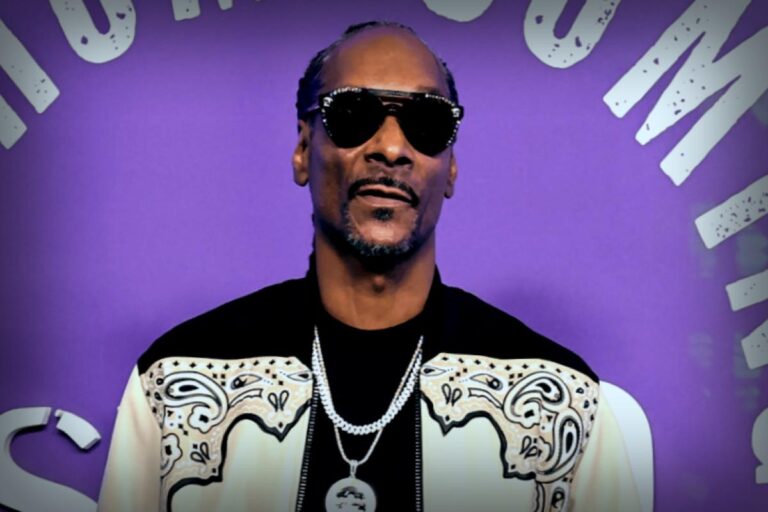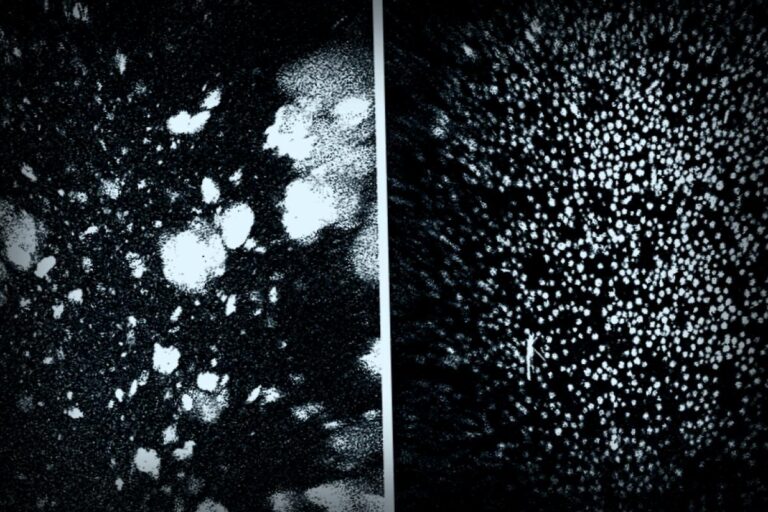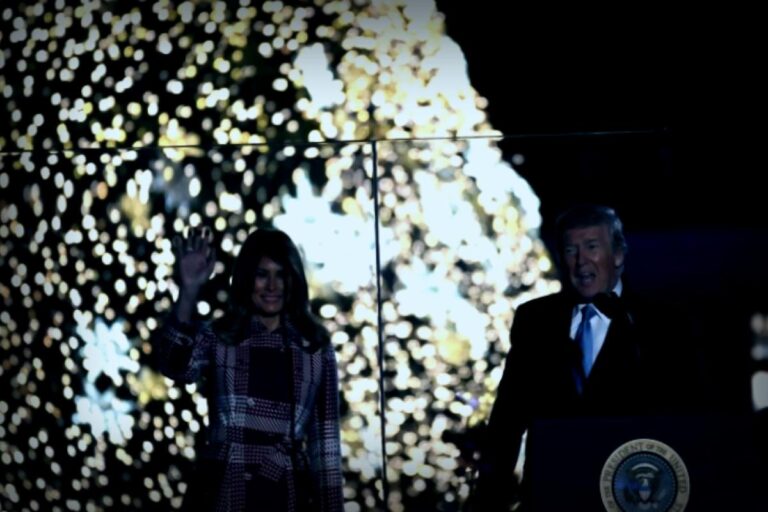Meet Tilly Norwood, the newest name making waves in Hollywood—but here’s the catch: she’s completely AI-generated. Created by Eline Van der Velden, a Dutch producer and comedian, Tilly isn’t a traditional actor; she’s essentially a high-tech project from Van der Velden’s brainchild, Xicoia, marketed as the world’s first AI talent studio. Eline boldly claims that Tilly could be the next Scarlett Johansson, with agents reportedly competing to sign this digital star.
Since the buzz around Tilly began, she has dominated conversations in Tinseltown, yet not in the way her creator might have hoped.
Reactions have been largely negative. Various film industry groups, along with actors and filmmakers alike, are voicing their concerns about the role of AI in creative sectors. Just the other day, the Screen Actors Guild issued a statement arguing that genuine creativity should be a human endeavor. In their words, “Tilly Norwood isn’t a real actor; she’s a digital entity created by algorithms fed with the work of countless talents—with neither consent nor compensation.” The Guild stressed that Tilly lacks genuine life experiences and emotions, and right now, audiences don’t seem enthusiastic about computer-generated performances disconnected from the human storytelling experience.
Sean Aston, known for his roles in films like “Lord of the Rings” and currently serving as president of SAG-AFTRA, made a clear statement about Tilly’s artificial nature, saying, “You are built on materials that aren’t yours. It’s crucial to credit true creators where it’s due.”
Van der Velden wasn’t shy about pushing Tilly at the Zurich Summit, hoping to glean interest from talent agencies. Her commitment to this project stirred a mix of intrigue and anxiety, with many in Hollywood wishing Tilly would never sign with anyone.
Actor Natasha Lyonne articulated her concerns on Instagram, urging a boycott of any talent agency that supports AI actors. While working on her own project, “Uncanny Valley,” that merges traditional filmmaking with ethical AI use, she labeled the entire initiative as “deeply misguided and totally disturbing,” insisting that it is not the right approach.
AI is already wielding influence in the industry; it played a significant role in the SAG-AFTRA strike that recently concluded with measures to protect the likeness of actors from being exploited by AI. For instance, a new contract in gaming requires that companies obtain written consent before making digital replicas of actors. However, this buzzing controversy isn’t anything new. An outcry erupted over the use of AI in the Oscar-winning film “The Brutalist,” where the technology was used for dialogue in scenes with stars Adrien Brody and Felicity Jones, reigniting ongoing debates on the topic.
Van der Velden took to Instagram to address the criticism surrounding Tilly, arguing that her character should not be seen as a model for humans but rather as a unique piece of art that inspires conversation. “Just like any artwork, Tilly stirs debate, revealing the incredible potential of creative expression,” she noted.
Despite multiple interview attempts, Van der Velden remained unavailable for comment Tuesday. In a bid to defend her character, she articulated her creative process: crafting Tilly was akin to drawing or acting—it requires imagination and skill.
Tilly’s Instagram presence showcases her in various relatable situations, including enjoying coffee and picking out outfits, amassing over 33,000 followers. Descriptions of her ventures include captions like, “Filming some screen tests recently was a blast! Every day feels like I’m getting closer to making it big on screen.”
When asked about the aspects of human performances AI cannot replicate, Aston reaffirmed that authenticity is irreplaceable: “You can fall in love, face heartbreaking loss, or endure personal hardships—all these experiences shape us, and while AI can mimic emotions, it’s simply not real.”



